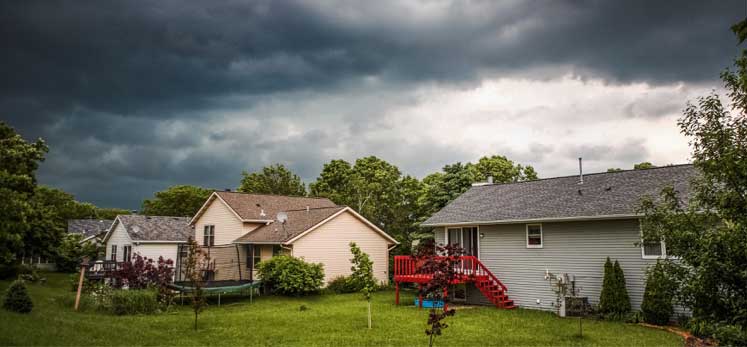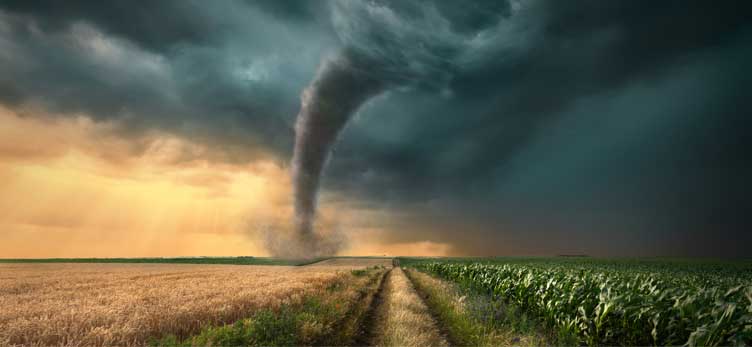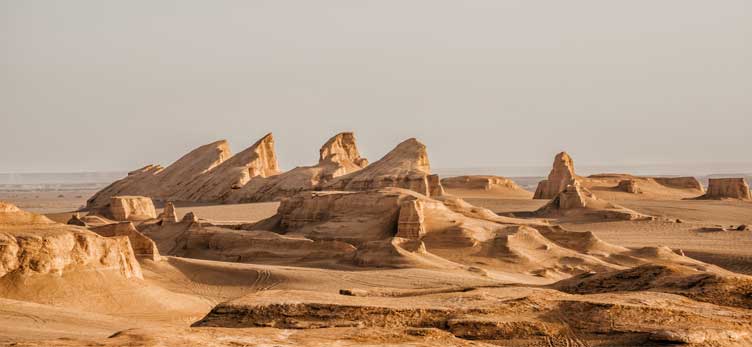- Home
- News
-
Weather Articles
-
Horoscope
- Sweepstakes
- Deal of The Day
6 Travel Destinations Most Affected by Climate Change

As ice caps melt and wildfires rage, climate change is occurring faster than formerly expected. The impact of global warming has put most of the world’s top travel destinations at risk of suffering serious effects, with some facing the possibility of disappearing entirely.
In the coming years, climate change is expected to affect every country in the world. However, its impact will not be felt equally across all regions. Some regions will be hit worse than others, due to a range of different threats.
Here are 6 places to visit before they disappear:
The Great Barrier Reef, Australia
Located off the northeast coast of Australia, The Great Barrier Reef is the largest coral reef system in the world. Brimming with marine life, the reef attracts snorkelers and scuba divers each year. Rising ocean temperatures have caused coral bleaching, which causes corals to turn white, resulting in mass die-offs. Following consequent bleaching incidents in 2016 and 2017, half the living corals have died from bleaching.
Key West, Florida
Known for its ideal snorkeling conditions and relaxed atmosphere, the southernmost city in the U.S. has been facing extreme environmental challenges. The sea level in Florida Keys is predicted to rise 15 inches over the next 30 years. A massive effort is currently underway to elevate roads, which could avert continual flooding from pushing Keys West to become a permanent underwater attraction.
Glacier National Park, Montana
Home to hundreds of species of animals and thousands of plants, the park is rapidly losing one of its main attractions it is famously known for – the glaciers. As global temperatures rise, a warming climate has significantly reduced the size of different glaciers in the park. And, the shrinkage shows no sign of slowing down. As the glaciers melt, the entire ecosystem will be altered, and scientists predict there will be little to no ice left by the end of the century.
The Alps
This European mountain range spanning across 8 countries, provides most sought-after slopes in the world for skiers. With increasing temperatures, significant snowmelt continues to shorten the season for winter sports. What’s even more disturbing? Predictions have been made that by the end of the century, visitors will have to climb up to 10,000 ft to see snow on the mountains.
Alaska
Twice the size of Texas, Alaska has a plethora of adventure activities to offer to the outdoor enthusiast. With its proximity to the quick-melting Arctic, Alaska has been experiencing major environmental changes in the form of permafrost melt, sea ice retreat and coastal erosion. Additionally, the state’s many ice caps are melting at a rapid rate, triggering intense landslides. Over the last decade, wildfires have destroyed more forests in Alaska and the number is expected to double by 2050.
The Dead Sea
Ever since development has begun in the region, The Dead Sea has been shrinking and sinkholes are appearing in spots where the water has retreated. Construction of dams, pipelines and storage reservoirs has reduced water inflow levels to just 5% of their original volume. Extraction of Dead Sea’s minerals, which is considered therapeutic, has also proved to be damaging. Furthermore, the Middle East’s rising hot climate makes it tough for the lake to refill itself. If it continues to disappear at its current rate, the Dead Sea could be completely dry by 2050.








